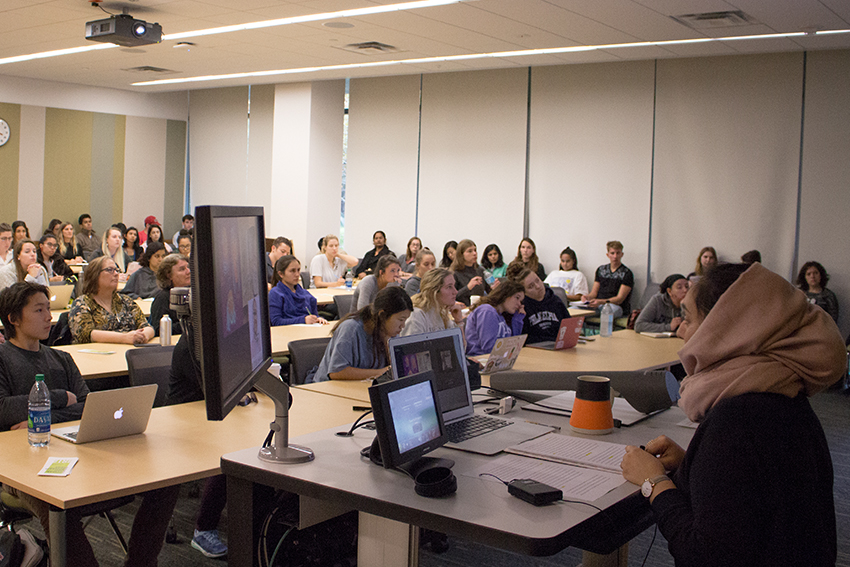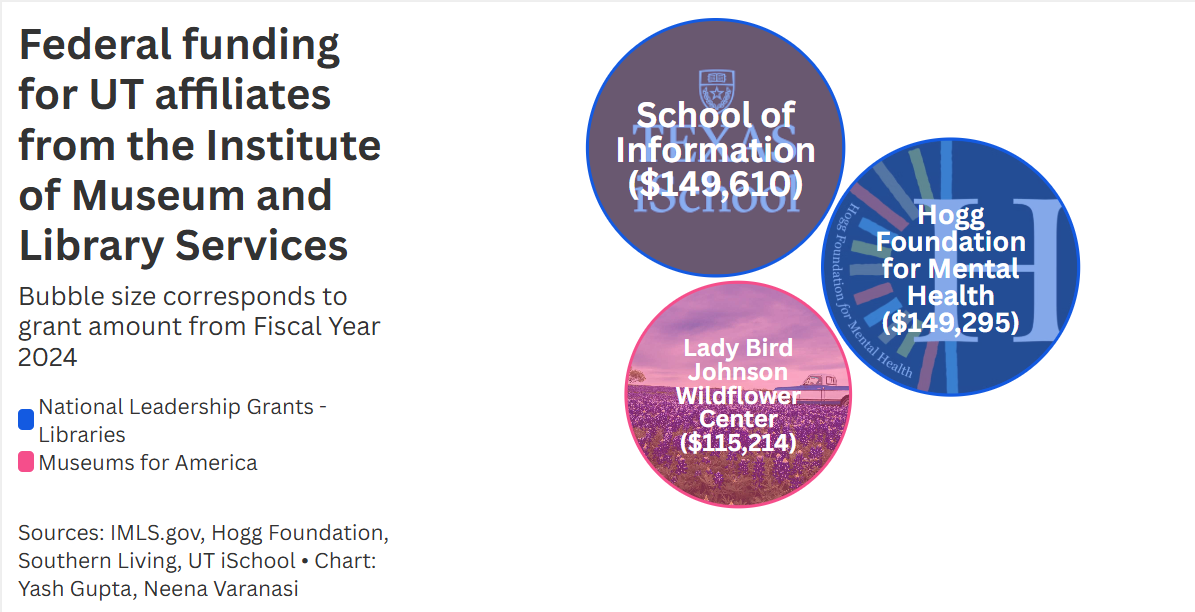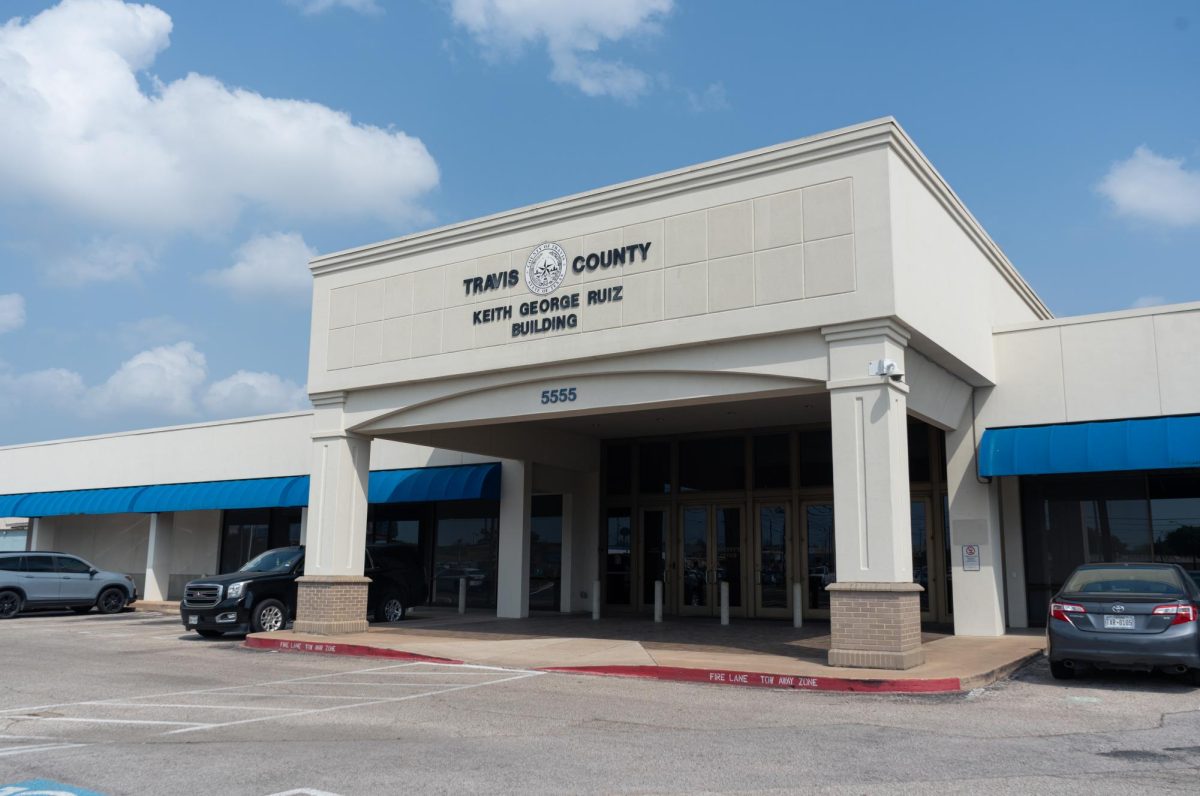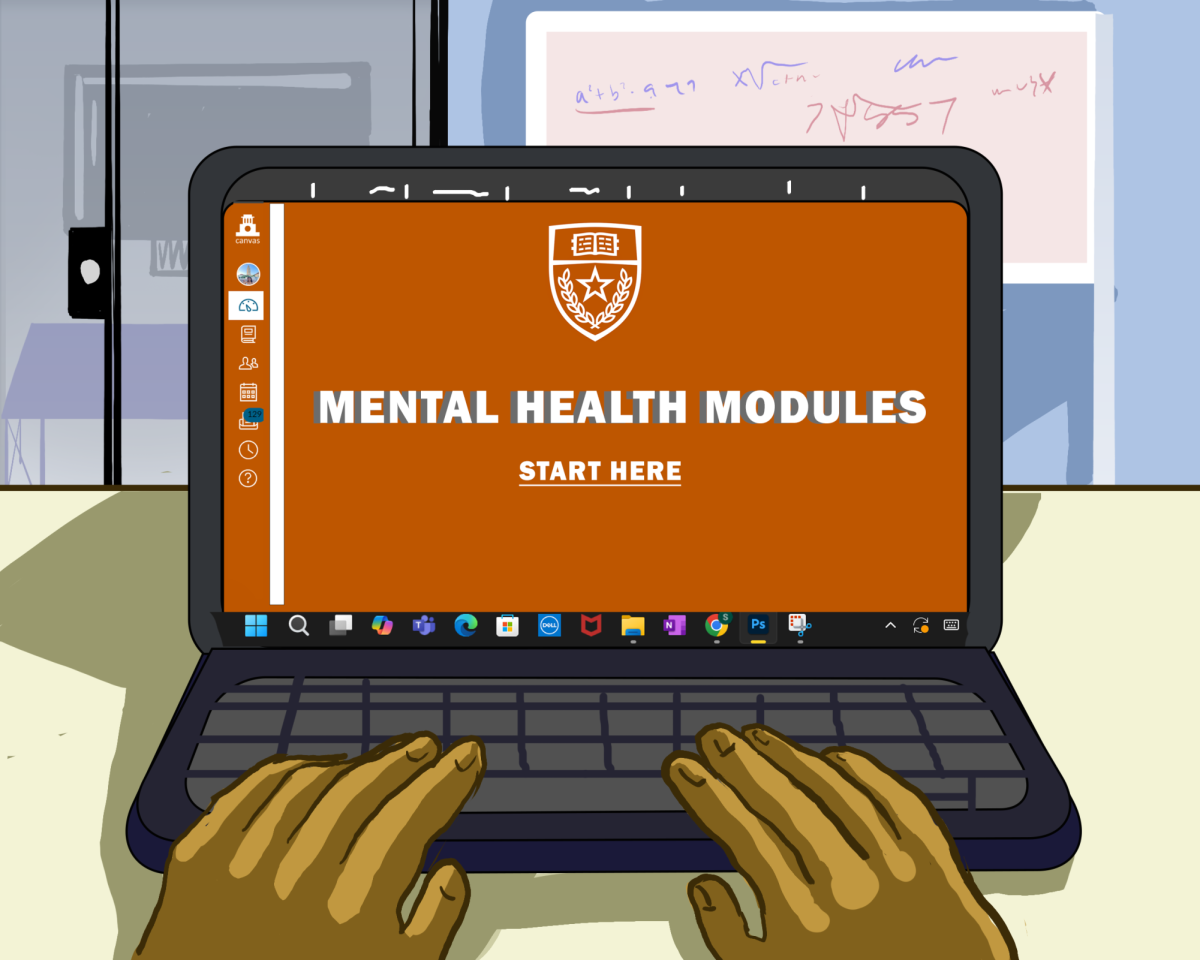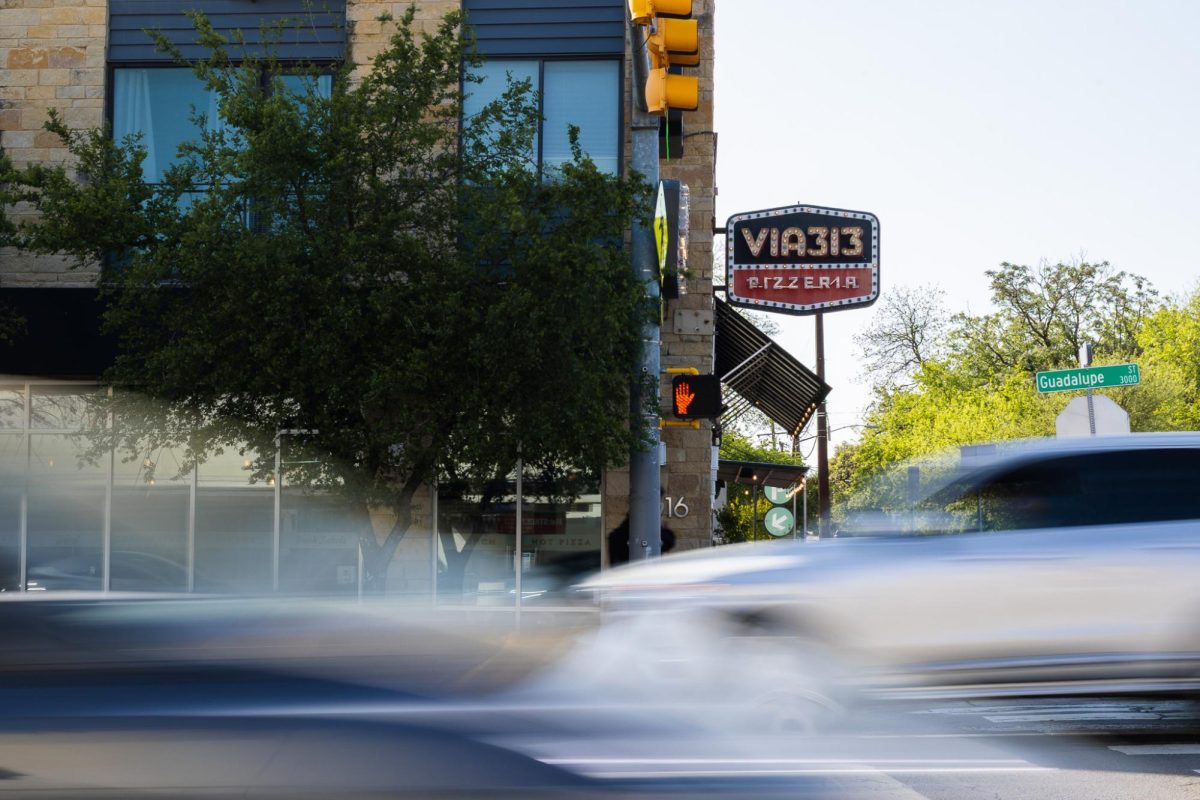On the morning of June 18, 17-year-old Nabra Hassanen was on her way to the mosque for Ramadan prayers. By the end of the day, she had been abducted and murdered. Some called it an unfortunate result of road rage. Others called it a hate crime.
“Not tying the death of Nabra Hassanen to racial violence, Islamophobic violence, to gender and sexual violence, only buys into the logic that we can’t prevent this,” said Balbir Singh, a women’s and gender studies postdoctoral fellow. “We owe Nabra (Hassanen) more.”
Singh discussed everyday anti-Muslim violence, especially against women, at the Glickman Conference Center on Tuesday, as part of the Center for Women’s and Gender Studies Faculty Development Program.
More than 307 anti-Muslim hate crimes were reported to the FBI in 2016, according to the Pew Research Center.
“While hijabs and turbans are objects of liberal and orientalist fascination on a good day, these kinds of attacks are evidence of ways these dressed bodies are vulnerable to violence,” Singh said.
Caitlin Wright, petroleum engineering sophomore, said she is passionate about equal treatment, no matter race or religion, and wants to use her
privilege as a white woman to amplify the voices of disadvantaged groups.
“(This conversation was) an eye opener that this has been happening for a long time and nothing has really changed,” Wright said. “It was cool to see that there are groups that are staking steps toward (changing) that, and hopefully I can be a part of that in the future.”
Singh’s presentation included reading from her upcoming first book, “Militant Bodies: Violence and Visual Culture Under Islamophobia.” She drew from her research in Asian-American studies, Arab-American cultural studies and transnational feminism to get to the heart of anti-Muslim issues.
“From these innovative, interconnected foundations, she’s providing new ways to understand and respond to racial violence,” said Caroline Faria, assistant professor in the Department of Geography and the Environment.
Singh said her main goal is to make people realize that the terrors Muslims face are everyday occurrences and to find ways to combat acts of “unrelenting Islamophobia.”
“I want to think about how and when to be, not allies, but accomplices, and how and when we choose to take sides,” Singh said. “This work is for those who choose to challenge,
unsettle and disrupt.”

